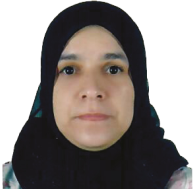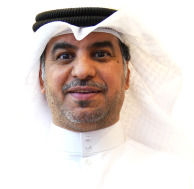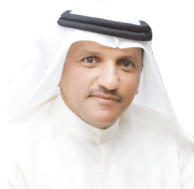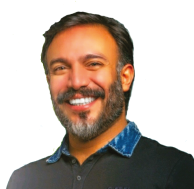2021-2019

Mrs. Hayat Muhammad Mustafa

Mrs. Hana Mohammed Al Zawawi

Dr. Aisha Al-Tarkit,

Dr. Jasem Hassan Hajia

Mr. Fahd Muhammad Al-Sahli

Mr. Dirar Khaled Al-Rabah

Mr. Muhammad Sami Al-Hajji “Player”

Providing sports training and competitions throughout the year, in a variety of Olympic sports, for children and adults with intellectual disabilities, which gives them continuous opportunities to develop their physical fitness, demonstrate their courage, gain a sense of happiness, and participate in celebrating their distinctive features. Talents and skills, and making friends with their families, other Special Olympics players and the community at large.
Special Olympics is a pioneering movement in its field, which works by providing competitions and sports exercises to improve the quality of life for individuals with intellectual disabilities, and thus the lives of those around them. Special Olympics enables individuals with intellectual disabilities to realize their full potential and develop their skills, by participating in training and sports competitions throughout the year. As a result, Special Olympics athletes can reach a stage of moral gratification and then fulfill their roles as productive members of the societies in which they live. Special Olympics is a beneficial experience that welcomes those who are taking it, giving them skill, health and happiness.
The Special Olympics movement aims to achieve qualitative growth by creating creative opportunities that help transfer the Special Olympics experience to an increasing number of individuals with intellectual disabilities, who number nearly 6 million athletes around the world.
The concept of players exercising leadership roles should be spread all over the world, and directing the movement completely to support the values of will, strength and dignity, instead of the concept of charitable work and charity.
In addition to changing negative behaviors and misconceptions about individuals with intellectual disabilities, and canceling the shame, shame, and rejection they suffer from by others by showing and strengthening their abilities and talents.